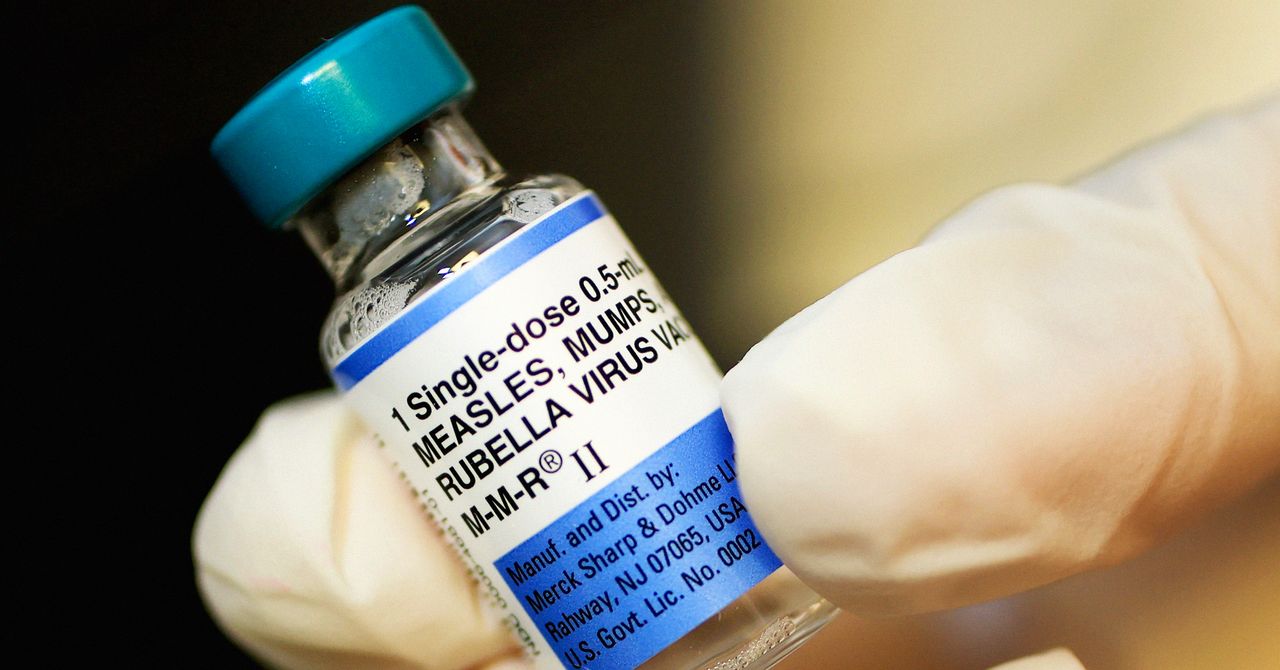Federal Vaccine Advisory Committee Votes Against Early MMRV Vaccine Administration
Introduction
On Thursday, a federal vaccine advisory committee, convened by Health and Human Services Secretary Robert F. Kennedy Jr., cast an 8-3 vote recommending that the combined measles, mumps, rubella, and varicella (MMRV) vaccine not be administered before the age of four. This decision stems from longstanding evidence indicating a slightly heightened risk of febrile seizures in children within this age group.
Understanding Febrile Seizures and Immunization Rates
Health experts clarify that while febrile seizures, which can occur post-vaccination, might be alarming, they are typically short-lived and not harmful. Removing early access to the MMRV vaccine may inadvertently lead to lower immunization rates against measles, mumps, and rubella, illnesses that pose significant risks to children’s health.
Role of the Advisory Committee on Immunization Practices (ACIP)
The Advisory Committee on Immunization Practices (ACIP) plays a crucial role in shaping vaccine guidelines for the United States Centers for Disease Control and Prevention (CDC). These recommendations are often adopted by the CDC, affecting school vaccination mandates, insurance coverage for vaccines, and accessibility through pharmacies. Notably, some members of the panel appeared to lack awareness of the far-reaching implications of their suggestions.
Shifts in Vaccine Policy
This vote marks a significant transition in vaccine policy, driven by Kennedy, a well-known figure in the anti-vaccine movement. During his brief tenure as HHS secretary, Kennedy has instituted restrictions on Covid-19 vaccine access and replaced all 17 existing ACIP members with 12 new appointees, many of whom have expressed skepticism toward vaccines and public health policies related to the Covid-19 pandemic. Kennedy described this overhaul as a necessary step to restore public trust in vaccine science.
Discussion on Hepatitis B Vaccine Timing
During the meeting, ACIP members also deliberated on whether to postpone the first dose of the hepatitis B vaccine until infants reach at least one month of age. Currently, the hepatitis B vaccine is administered shortly after birth to prevent transmission during delivery, as the virus can result in severe liver complications.
Current Vaccination Options
Parents in the U.S. currently have two choices for vaccinating their children against measles, mumps, rubella, and varicella. They may opt for the combined MMRV vaccine or two separate immunizations—one for MMR and another for chickenpox. Approximately 85 percent of children receive the separate vaccinations.
Concerns about Vaccine Policy Changes
It is important to note that the discussions held during Tuesday’s meeting did not incorporate new evidence or research. Several ACIP members and representatives from professional medical organizations expressed skepticism about the rationale behind the proposed changes. Controversial new member Robert Malone voiced that a significant portion of the U.S. population harbors concerns regarding vaccine policies and mandates. Malone, previously a prominent voice during the Covid-19 pandemic for disseminating misinformation about vaccines, abstained from the vote due to his previous involvement in a legal case concerning the mumps vaccine.
Conclusion
As the U.S. navigates evolving vaccine policies and recommendations, the implications of these decisions on public health and immunization rates remain critical. The ongoing debates within ACIP highlight the complex landscape of vaccination discussions amid changing leadership and societal attitudes toward vaccines.




